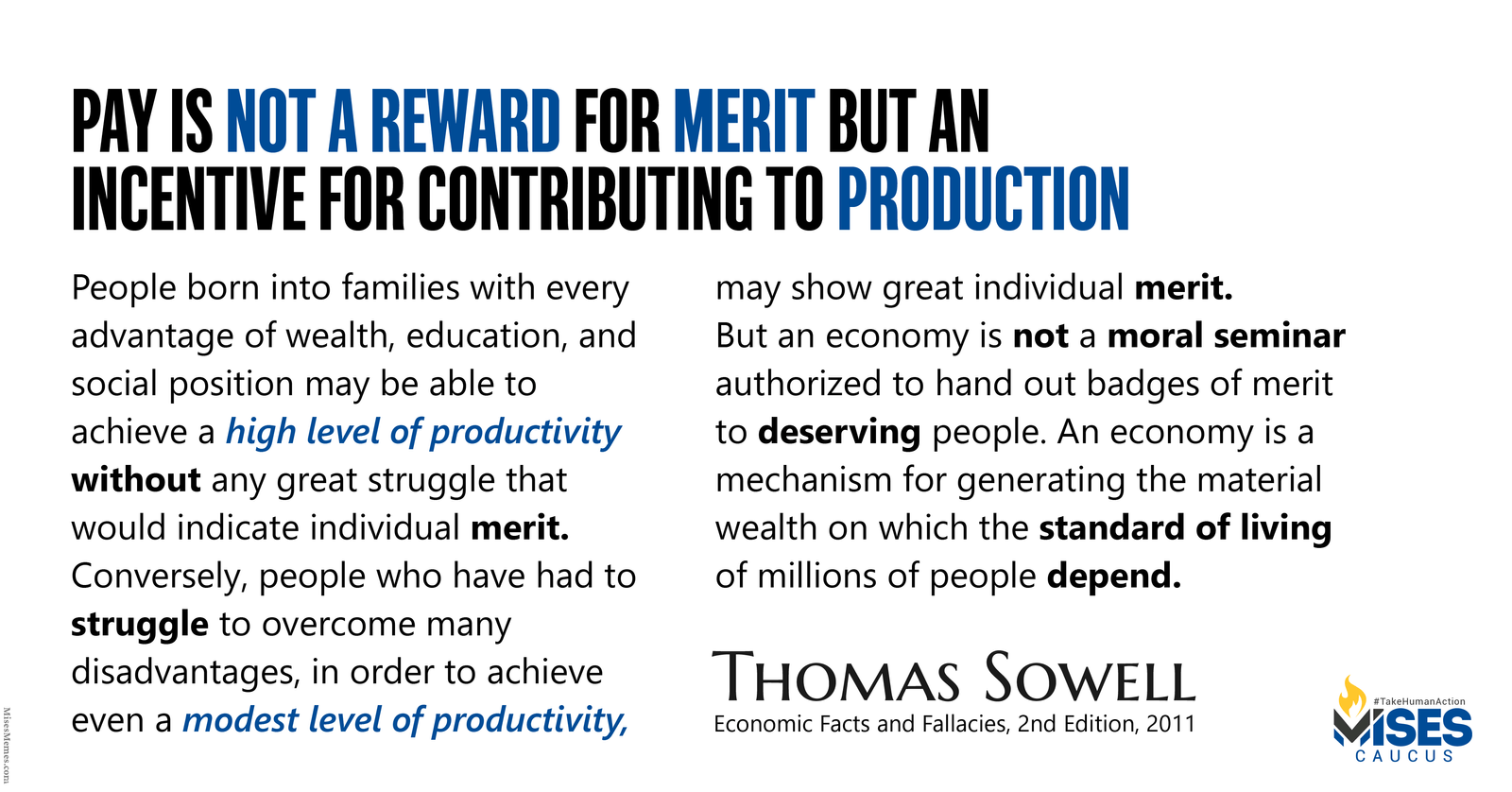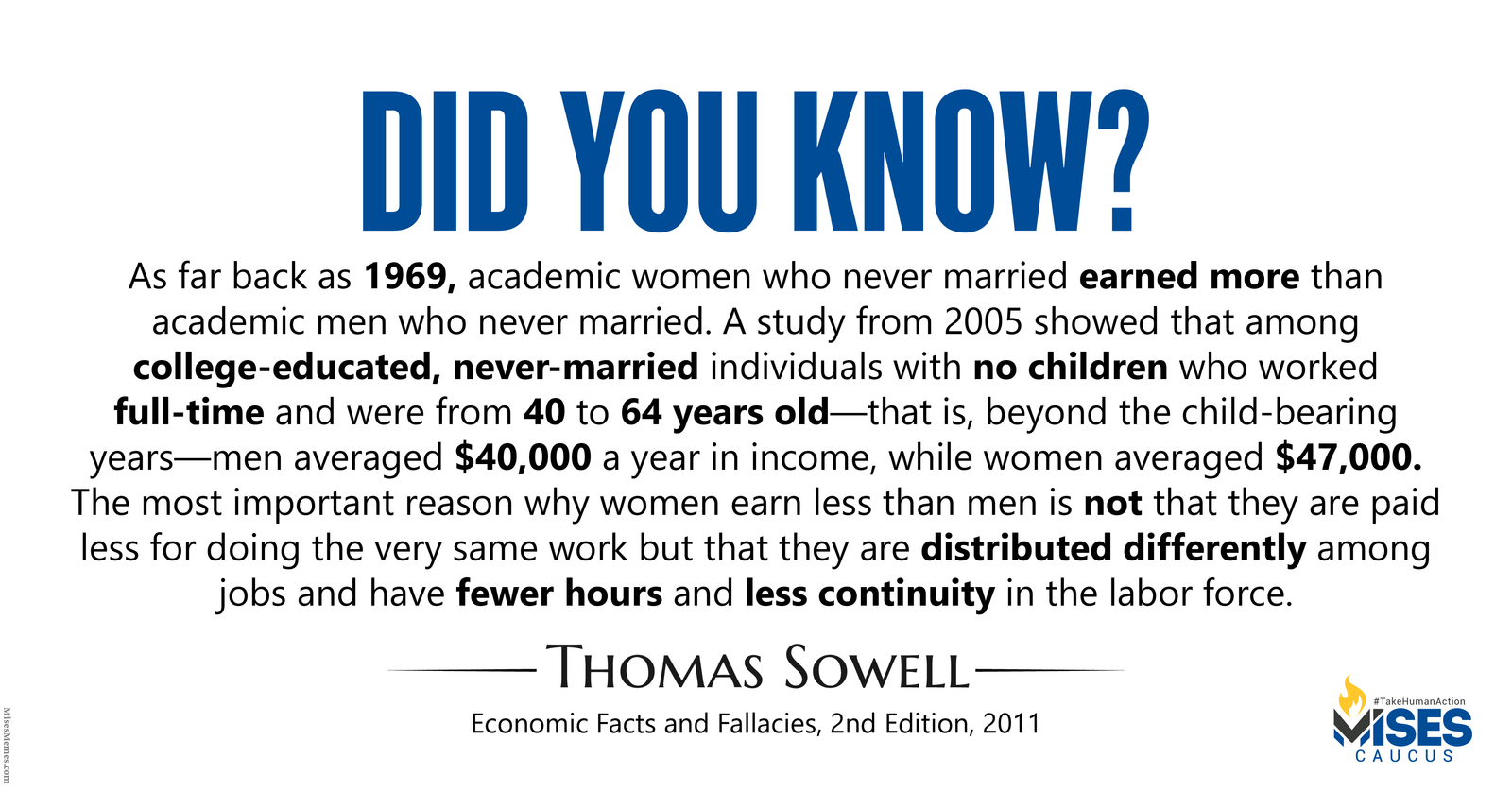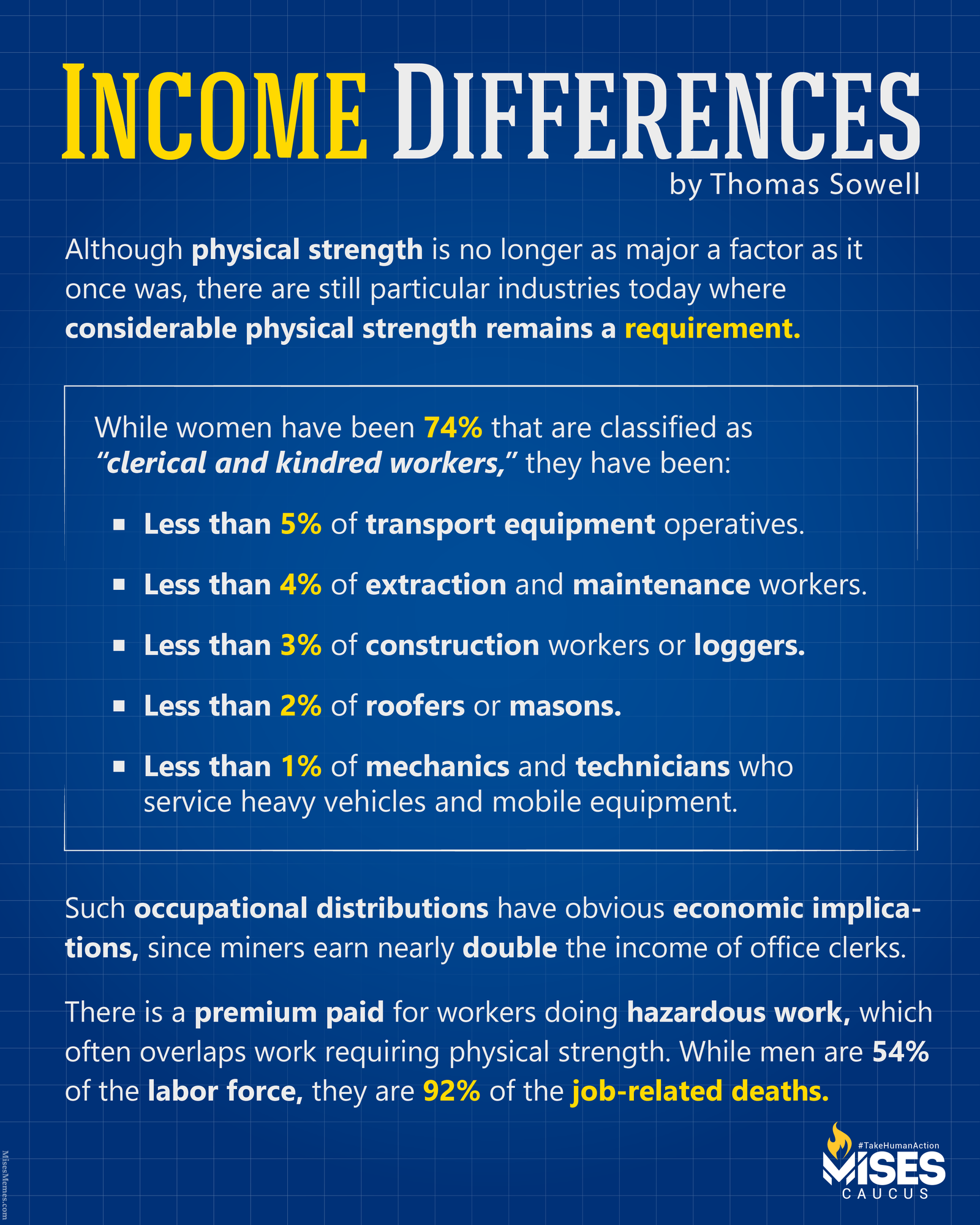If the state loses its grip over your mind, it loses the very key to its survival. —Lew Rockwell


If the state loses its grip over your mind, it loses the very key to its survival. —Lew Rockwell

Most modern democracies are to some extent dual states. There is the government described in high school civics books, with carefully checked and circumscribed powers — but lurking in the background, there is a far more formidable bureaucratic apparatus, which actually wields the power of the state and cares little for constitutional niceties. —Scott Horton

It is not the poor who benefit the most from “the war on poverty” but the non-poor who benefit from employment in poverty programs. —Antony Davies

Ron Paul is not only the greatest libertarian ever, he is the greatest living American Hero. When they attacked him, that was a Declaration of War. —Dave Smith

We have developed a poverty industry and a poverty bureaucracy. Both of them seek to perpetuate themselves, and yet the poverty rate remains the same year over year. The war on poverty is not dominated by the people who are poor but by the non-poor who benefit from employment in poverty programs. —Antony Davies

All of us can play a role in a bottom-up revolution by doing everything in our power to withdraw our consent from the state. —Jeff Deist
All of us can play a role in a bottom-up revolution by doing everything in our power to withdraw our consent from the state. —Jeff Deist

Imagine what a committed, coordinated libertarian base could achieve in America! Ten percent of the US population, or roughly thirty-two million people, would be an unstoppable force of non-violent withdrawal from the federal leviathan. —Jeff Deist

People born into families with every advantage of wealth, education, and social position may be able to achieve a high level of productivity without any great struggle that would indicate individual merit. Conversely, people who have had to struggle to overcome many disadvantages, in order to achieve even a modest level of productivity, may show great individual merit. But an economy is not a moral seminar authorized to hand out badges of merit to deserving people. An economy is a mechanism for generating the material wealth on which the standard of living of millions of people depend. Pay is not a retrospective reward for merit but an incentive for contributing to production. —Thomas Sowell

As far back as 1969, academic women who never married earned more than academic men who never married. A study from 2005 showed that among college-educated, never-married individuals with no children who worked full-time and were from 40 to 64 years old—that is, beyond the child-bearing years—men averaged $40,000 a year in income, while women averaged $47,000. The most important reason why women earn less than men is not that they are paid less for doing the very same work but that they are distributed differently among jobs and have fewer hours and less continuity in the labor force. —Thomas Sowell

Although physical strength is no longer as major a factor as it once was, there are still particular industries today where considerable physical strength remains a requirement. While women have been 74% that are classified as “clerical and kindred workers,” they have been:
Less than 5% of transport equipment operatives.
Less than 4% of extraction and maintenance workers.
Less than 3% of construction workers or loggers.
Less than 2% of roofers or masons.
Less than 1% of mechanics and technicians who service heavy vehicles and mobile equipment.
Such occupational distributions have obvious economic implications, since miners earn nearly double the income of office clerks. There is a premium paid for workers doing hazardous work, which often overlaps work requiring physical strength. While men are 54% of the labor force, they are 92% of the job-related deaths.
—Thomas Sowell
Although physical strength is no longer as major a factor as it once was, there are still particular industries today where considerable physical strength remains a requirement. While women have been 74% that are classified as “clerical and kindred workers,” they have been:
Less than 5% of transport equipment operatives.
Less than 4% of extraction and maintenance workers.
Less than 3% of construction workers or loggers.
Less than 2% of roofers or masons.
Less than 1% of mechanics and technicians who service heavy vehicles and mobile equipment.
Such occupational distributions have obvious economic implications, since miners earn nearly double the income of office clerks. There is a premium paid for workers doing hazardous work, which often overlaps work requiring physical strength. While men are 54% of the labor force, they are 92% of the job-related deaths.
—Thomas Sowell